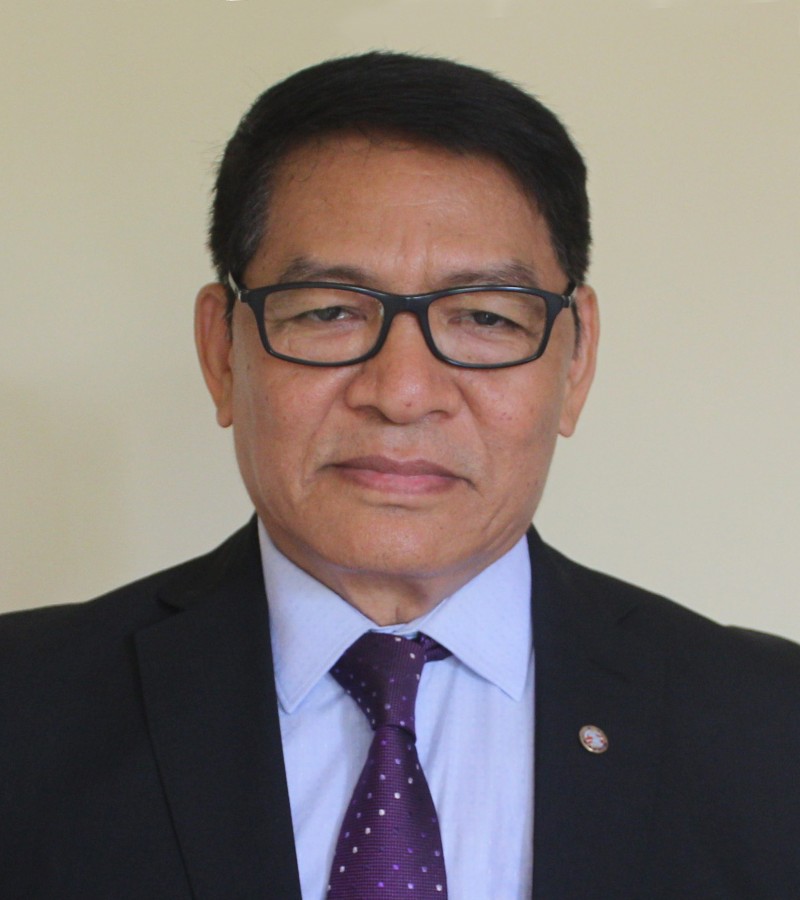Editorial
Look within, before gazing afar
Opinion | Editorial | John S. Shilshi | 19-Oct-2024

Pope Francis has already announced the names of 21 new Cardinals who will officially assume the new role on December 8th, 2024. Following their appointment as cardinal-elects, the Holy Father wrote a short but powerful letter to all these men, who would soon assume the title of ‘Eminence’ once officially elevated to the new position.
The Pope wrote, “With your elevation to the College of Cardinals, you will become a member of the Roman clergy. Welcome! That membership is an expression of the Church’s unity and of the bond that unites all the Churches with this Church of Rome. I urge you to make every effort as a Cardinal to embody the three attitudes with which an Argentinian poet (Francisco Luis Bernárdez) once characterized Saint John of the Cross, and which are also applicable to us: eyes raised, hands joined, feet bare. The letter elaborated, Eyes raised, because your service will require you to lengthen your gaze and broaden your heart, in order to see farther and to love more expansively and with greater fervour. Hands joined, because what the Church most needs – together with the preaching of the Gospel – is your prayer to be able to shepherd well the flock of Christ. Prayer is the realm of discernment that helps me to seek and discover God’s will for our people, and to follow it. Feet bare, because they touch the harsh realities of all those parts of the world overwhelmed by the pain and suffering due to war, discrimination, persecution, hunger and many forms of poverty; these will demand from you great compassion and mercy”.
In his letter, the Holy Father encouraged the Cardinal-elects to stay vigilant with their eyes lifted, enabling them to perceive the world around them and to embrace humanity with compassion. He encourages them to keep their hands folded in continuous prayer with God and to walk barefoot, allowing them to truly experience the harsh realities of the world, especially for those enduring pain from war, conflict, discrimination, persecution, poverty, and hunger. Pope Francis, recognized for his stance against discrimination and exploitation, would undoubtedly want his Cardinals to be outspoken advocates for individuals, especially those without a voice. Nevertheless, it seems that before the Cardinal-elects proceed further, it is their own institution – the Catholic church – that requires the most attention from its leadership. The various challenges facing the church, some of which could threaten the very foundation of the synodal church, demand a heartfelt focus, accompanied by empathetic support for victims, particularly those who have suffered child sexual abuse. In addition to guaranteeing administrative resolution in addressing misconduct, there is a pressing necessity for increased focus on sensitivity.
Similarly, the Pope's request for Cardinal-elects to confront the harsh realities head-on is an urgent necessity within the Catholic Church. Today's church is aware of its issues, yet it continues to overlook them. Therefore, according to Pope Francis' definition, the harsh realities remain untouchable. Issues such as the sex scandal, the role of women in the Church, excessive clericalism, the insufficient lay role in decision-making, the shortage of priests, and declining outreach and evangelisation have remained unresolved for years. Only if the hierarchy is genuinely concerned about addressing these harsh realities within the Church can these issues be addressed. Furthermore, we cannot ignore the call to remain united in prayer. At least in this country, the growing concern among lay faithful is that the new generation of clergy is less prayerful than their predecessors. People widely perceive that institutions are receiving too much emphasis, often at the expense of preaching and evangelization. The declining number of young people attending churches is a testament to this. Perhaps the way forward is to instill faith in the minds of young believers through prayerful hierarchy-setting examples. Therefore, it is crucial for the church to maintain constant communication with God as one body of Christ.
Leave a comment
